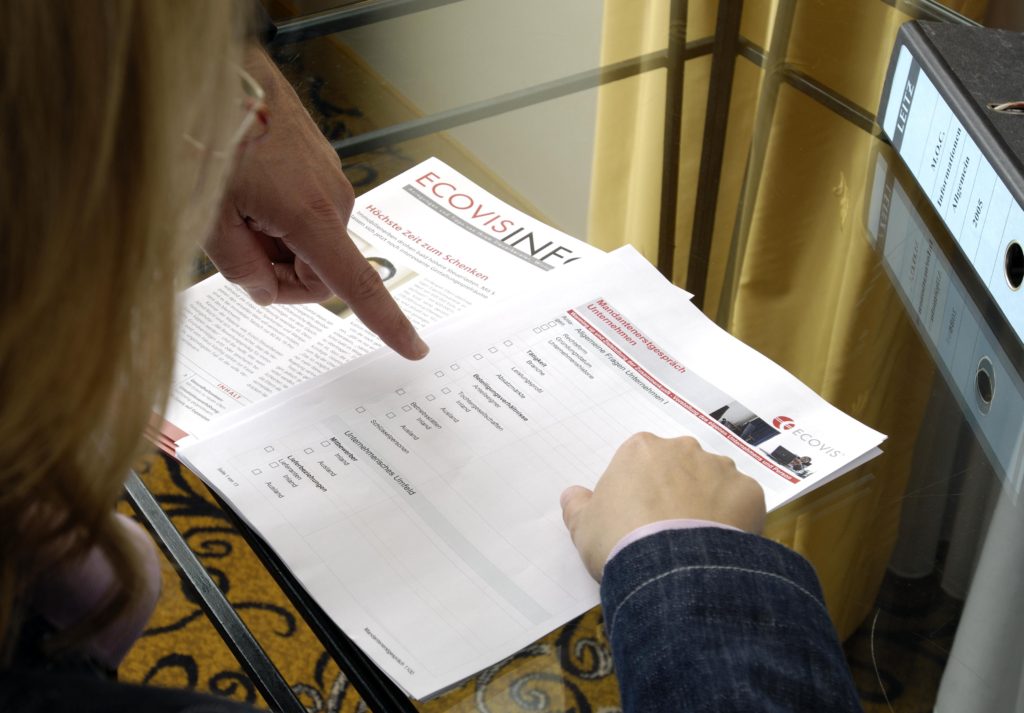The Labour Code of the Republic of Lithuania provides the parties to the employment contract with a possibility to agree on a trial period during which the employer, as well as the employee, may verify if the employee is suitable for the agreed job as well as if the agreed job is suitable for the employee.
In practice, there is a myth that the employee can be simply dismissed during the trial period without specifying the circumstances that led him/her to fail the trial period.
In this case, it is important not only to know the conditions of the trial period but also, if the employee fails the results of the trial period, to properly organize the entire dismissal process and prepare for a possible dispute.
The following essential conditions are set forth in the Labour Code of the Republic of Lithuania:
- The trial period may not exceed three months;
- The trial period does not include the time when the employee was absent from work due to important reasons (illness, leave, etc.);
- The trial period may be agreed upon only at the stage of entry into the employment contract;
- Having acknowledged that the results of the trial period are unsatisfactory, the employer may take a decision to terminate the employment contract before the end of the trial period after giving the employee a written notice thereof 3 working days before the expiry of the employment contract;
- The employer does not have to pay the severance pay to the employee;
- The employee must provide the employer with a written notice on his/her decision to terminate the employment contract 3 working days in advance.
In practice, it is important to pay attention to the following aspects:
- The employer may not terminate the employment contract without any reason and evidence that the employee has failed to cope with the work assigned to him/her.
Termination of the employment contract during the trial period cannot be absolute and understood as a simplified procedure for terminating the employment relationship within a shorter notice period and without payment of severance pay. If the employer has decided to use this as the grounds for termination of the employment contract, specific circumstances stating why the employee is unsuitable for the agreed job, such as persistent errors, untimely performance of tasks, etc. must be identified. In such circumstances, there may be both objective reasons and personal (business-related) characteristics of the employee.
- It is recommended for the employer to record in writing why the employee is not suitable for the agreed job
According to the case-law of the Lithuanian courts, the employer must prove that the employee did not actually pass the trial period, i. e. that the employee is unable or cannot perform the work for which the employment contract was concluded due to his/her business-related or personal characteristics. Therefore, it is recommended, in all cases, to record the circumstances of the employee’s non-suitability for the job so that, in the event of a dispute, the employer would have evidence to support this.
- It is recommended to inform the employee in advance about poor work results or the employee’s non-suitability for the job and to allow him/her to improve.
The fact itself that the employee is unsuitable for the agreed job does not constitute the grounds for termination of the employment contract during the trial period if the employee has not previously been informed that his/her work does not meet the employer’s expectations and the employee has not been given time to correct this. Only when the opportunity to improve his/her work is given and the employee still fails, it will be considered that the employer has made the maximum effort to retain the employee and actually, rather than just in theory, wanted to try the employee.
We also recommend documenting the whole process specified above and preparing documentation that, in the event of a dispute, would confirm that the employer has completed all procedures in order to take advantage of the termination of the employment contract during the trial period.
If you have any questions related to the trial period, please consult ECOVIS ProventusLaw’s specialists of the labour law who can help you to prepare all necessary documents.
Prepared by Brigida Bacienė, Head of Employment Practice of ECOVIS ProventusLaw, and Lina Bulovienė, Assistant Attorney at Law

 Newsletter Subscription
Newsletter Subscription